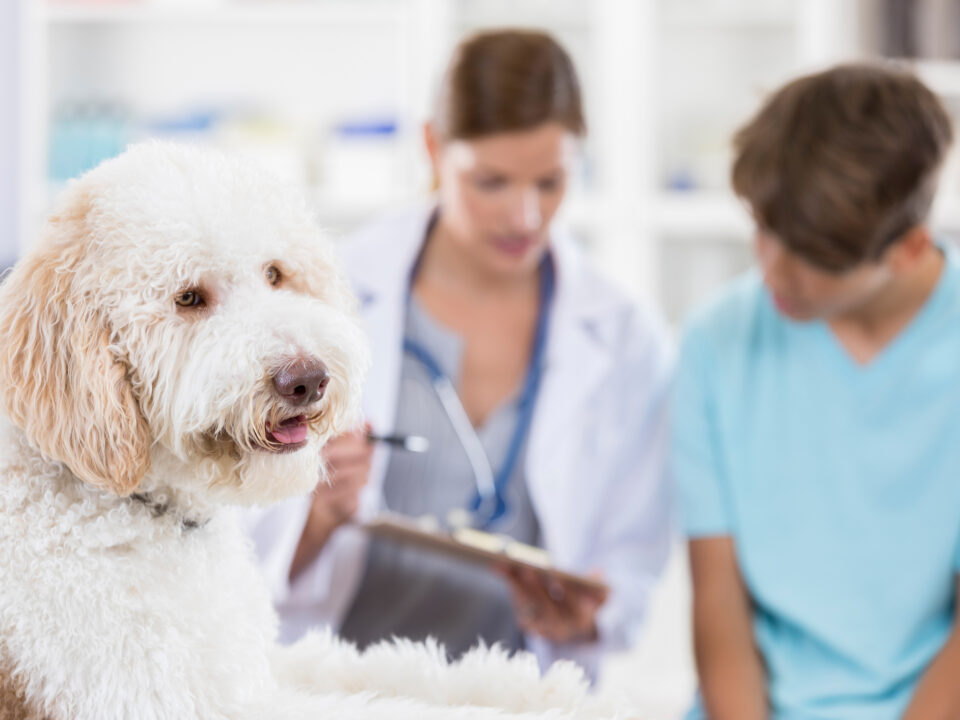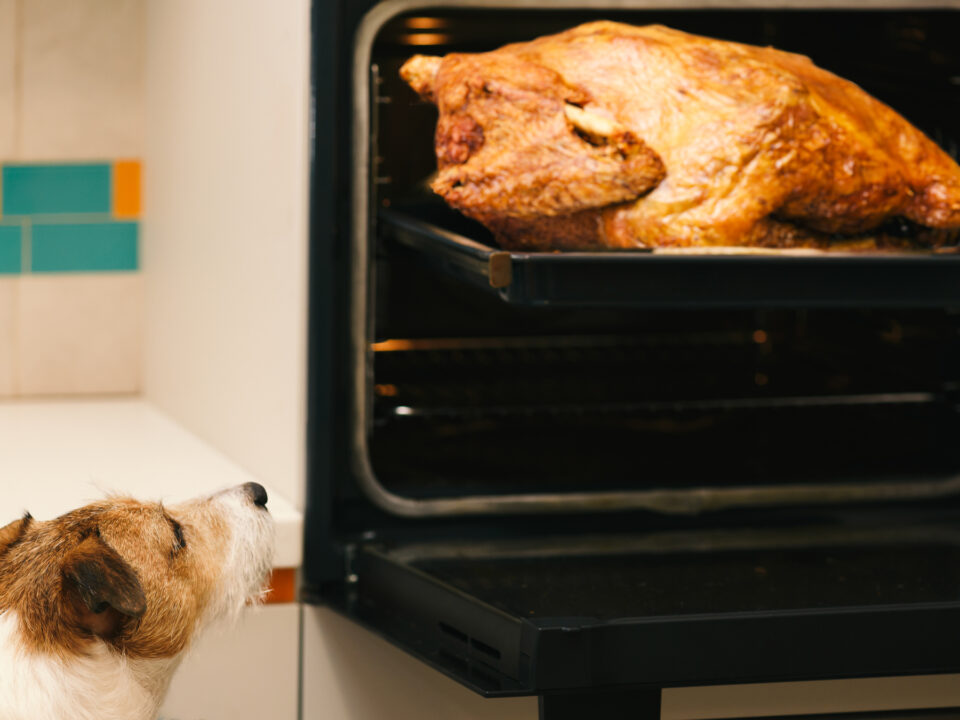Can My Dog Have Down Syndrome?
Veterinary Career Options: No Shortage of Positions
June 29, 2022
Can Dogs Eat Watermelon
August 3, 2022Can My Dog Have Down Syndrome?
Research indicates that people with Down Syndrome have an extra chromosome, but there is not as much research that has been conducted to understand chromosomal or developmental abnormalities in dogs. Down Syndrome is linked to cognitive impairment and abnormal physical characteristics.
It is unlikely that dogs have Down Syndrome as some humans do. However, they can suffer from different conditions that are like Down Syndrome. Dogs can experience heart defects, stunted growth, difficulty learning, and loss of vision or hearing.
Dogs with special needs deserve a chance with a loving family, the same way other dogs do. If you would like to know if your dog can have Down Syndrome, check out this article.
What is Down Syndrome?
Each year, about six thousand babies in the United States are born with Down Syndrome, meaning one in seven-hundred babies have Down Syndrome. If you have ever questioned that dogs can have Down Syndrome, you must first understand what Down Syndrome is.
Humans have twenty-three pairs of chromosomes, which makes forty-six chromosomes in total. Down Syndrome is a genetic condition in which the affected person has an extra twenty-first chromosome as a complete or partial copy. Dogs have a sum of seventy-eight chromosomes in total.
The extra chromosome in a human creates specific physical and intellectual challenges for the person with Down Syndrome. Some of the different features correlated with a person with Down Syndrome include:
- Flatter face
- Upward slanting eyes
- Protruding tongue
- Unusually small chin
- Small skull
- Single crease on the hand
Many people with Down Syndrome have these types of facial features but no significant congenital disabilities. However, people with this condition are also more likely to suffer health problems like poor vision and heart defects.
Can Dogs Get Down Syndrome?
Technically, dogs cannot get Down Syndrome. However, they can have conditions that present similarly. Dogs may also inherit other genetic disorders or chromosome abnormalities, but research does not indicate that dogs can have Down Syndrome as people can. Dogs have thirty-nine pairs of chromosomes, meaning they have seventy-eight chromosomes in total.
Since people have twenty- three pairs of chromosomes and forty -six chromosomes in total, if a dog had an extra twenty-first chromosome, it would not lead to the same condition. It is because the number of total chromosomes is different for dogs than for humans. As previously mentioned, dogs can have certain disorders and abnormalities, but it is unlikely that they can have Down Syndrome.
What Conditions Can Mimic Down Syndrome in Dogs?
There is no indication that dogs can get Down Syndrome the same way humans do. Most animals suffering from a condition that looks like Down Syndrome may have some physical deformity. However, there are certain conditions that a dog can get that can mimic Down Syndrome.
Unusual Facial Expression
Some dogs have unusual facial features that appear to have Down Syndrome. They may have dwarf-like and deformed faces. Some common defects may include:
- Short neck
- Flat face
- Small head
- Upward slanting eyes
- Oddly shaped ears
They may also have dry patches of skin and deformed or oddly shaped legs. These dogs appear to have special needs, but they require the same amount of love as the other pups get.
Poor Eyesight
Some dogs have poor vision or vision loss due to their delayed development. Dogs who have a condition that mimics Down Syndrome may develop cataracts. Their eyes may be cloudy, meaning they may have cataracts in one or both eyes. Developmental cataracts will often appear within the first year of a pup’s life.
Cataracts develop when proteins from the eye create clumps, which inhibit normal movement from the eye to the retina. The lens turns cloudy, and items can be blurry, foggy, or pale in color. Cataracts can lead to glaucoma or blindness. Another condition that can be a result of cataracts is lens luxation.
Stunted Growth
In humans, Down Syndrome can cause stunted growth. Some dogs are genetically predisposed to having this condition. If your puppy stops growing, it can be rather concerning. However, certain breeds may carry genetic markers for conditions that result in stunted growth, like the way that German Shepherds are genetically predisposed to pituitary dwarfism.
Portosystemic shunt is another condition that can result from a congenital disease. It can occur when the blood vessel that typically delivers blood to the liver for cleaning circumvents it and instead takes the blood back to the circulatory system.
Since the blood does not have a chance to be cleansed in the liver, toxins and nutrients remain in the body. It causes the following:
- Stunted growth
- Poor muscle development
- Abnormal behavior, such as constant circling
This condition can arise due to progressive liver dysfunction. A puppy is supposed to have predictable growth until up to eighteen months of age and reach their optimal weight at around two years of age. If your pup has stopped growing and has not reached the desired height for their breed, it may result from having a portosystemic shunt.
Breathing Problems
Some pups have breathing issues:
- Collapsed trachea
- Laryngeal collapse
- Stenotic nares
Short-faced breeds of dogs, such as bulldogs, are more likely to have congenital breathing issues. This difficulty is because of their constricted nostrils and elongated palates. They may also have tumors in the lungs or near the heart.
Dyspnea, tachypnea, and abnormal panting are all common types of breathing abnormalities in dogs. These issues can shorten a dog’s lifespan, which is why veterinary care is crucial in these cases. Pups who have misshapen snouts often have trouble with their breathing.
Hearing Impairment
Deafness is another genetic condition that mimics symptoms of Down Syndrome. Deafness in dogs may occur from birth or as a result of infection or degeneration of the cochlea. Dogs with hearing issues may be slower to obey or react to commands. In most dogs, after twenty-one days from being born, their hearing is considered functional.
Heart Issues
Canine congenital heart disease is a term used to specify different forms of heart conditions that dogs may have when they are born that they have inherited from their parents. For example, Dobermans have a high incidence of congenital heart disease. Some of the symptoms involved in congenital heart disease include:
- Weakness
- Lack of energy
- Exercise intolerance
- Difficulty breathing
There may also be some respiratory issues that become worse at night. These dogs have dysfunctional or poor circulatory systems.
Difficulty Learning
People with Down Syndrome have difficulty learning and may have learning disabilities and a lower IQ. Some pups may also have trouble learning as they have poor mental development. For example, some evidence demonstrates that some dogs can exhibit autism-like behaviors.
Dogs who struggle to learn may often have behavioral issues and lack the ability to learn even basic commands. They may also have difficulty socializing with other dogs.
Conclusion
While much research has been conducted concerning humans with Down Syndrome, there is limited understanding of the chromosomal abnormalities in pups. It is unlikely that dogs suffer from Down Syndrome the same way humans do, but they can have certain conditions that mimic Down Syndrome.





